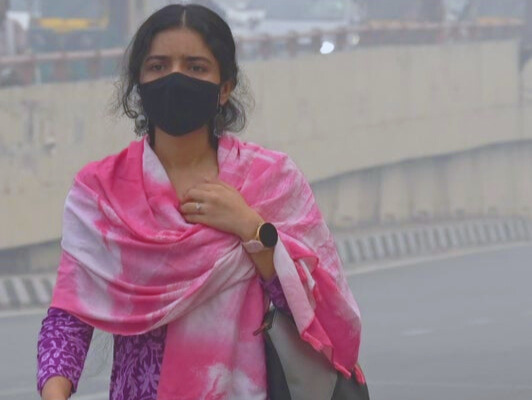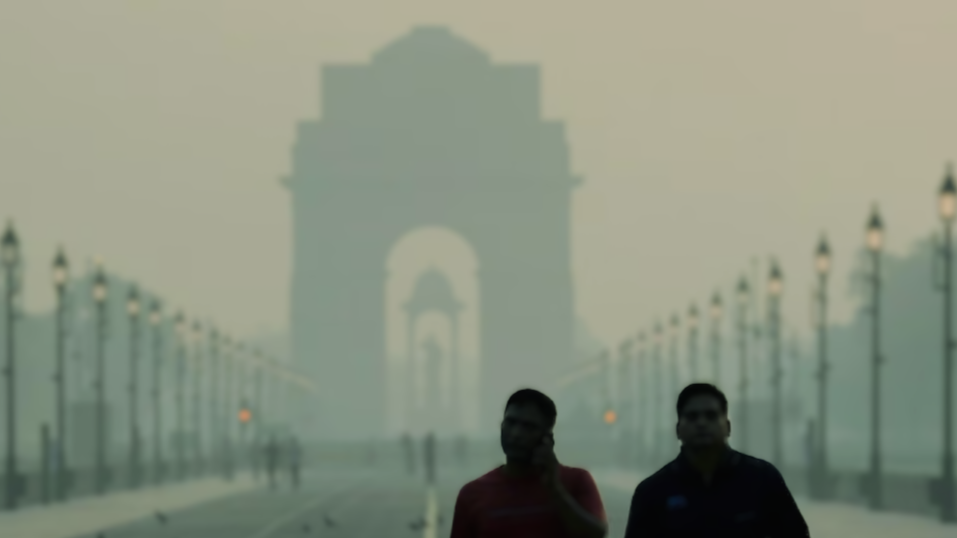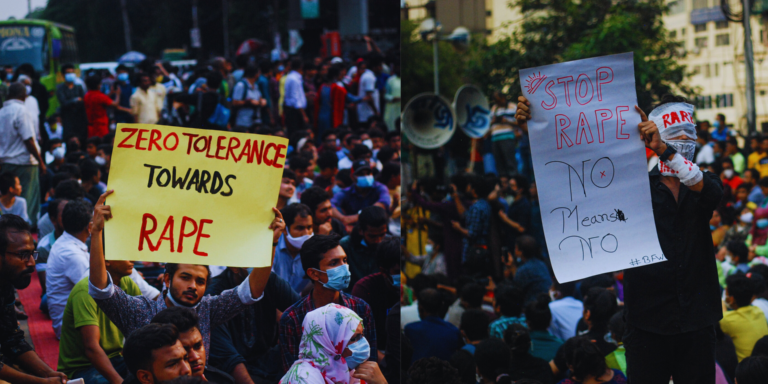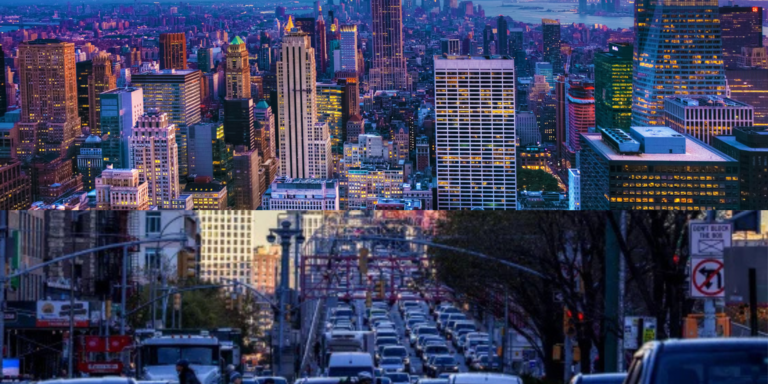
The bench voiced worry that preventive measures under Phase 4 of GRAP were not being implemented promptly, even when the national capital’s Air Quality Index (AQI) had reached dangerous levels.
Given Delhi’s increasing air pollution, the Supreme Court has issued a severe warning to the administration. The court made it clear that the actions initiated under GRAP-IV (Graded Response Action Plan – Phase 4) will not be relaxed, even if the air quality improves.
Following reports indicating some improvement in the quality of the air, the Supreme Court issued this decision. The court states that because pollution levels can rise again at any time, a better pollution situation does not imply that stringent measures should be loosened.
Delhi air pollution ruling by the Supreme Court: No relaxation in GRAP-IV even if air quality improves.

This ruling makes it quite evident that, even in the event that conditions improve, the government and administration will still need to carry out their plan in its entirety to enhance the air quality in Delhi. The court’s action shows that environmental protection will not be compromised and demonstrates a strict attitude to pollution control.
The lawyers told the Justice Bench that construction is also taking place inside the Supreme Court’s grounds, despite the Delhi government’s discussions about halting construction in the capital. According to the attorneys, the courtroom’s Air Quality Index (AQI) was 994, which is a very dangerous level. As a result, Justice Oka called the Supreme Court’s Secretary General right once and gave him instructions to examine the GRAP-IV (Graded Response Action Plan) regulations.
The Commission for Air Quality Management (CAQM) was strongly criticized by the Supreme Court on Monday, which ruled that Stage IV of the Graded Response Plan (GRAP) be continued even if the national capital’s and the surrounding areas’ Air Quality Index (AQI) drops below the “severe-plus” level of 450.
This statement was made by the Supreme Court when it found CAQM accountable for the hold-up in addressing issues relating to air quality. The court made it clear that regardless of the AQI status, Stage IV of GRAP, which is intended to enhance air quality, should continue. This directive is crucial since CAQM frequently fails to take the required actions in a timely manner, even when the AQI drops below 450.
Waiting until the AQI rises beyond 450 is insufficient, according to a bench consisting of Justices S.K. Kaul and A.S. Bopanna. More drastic measures ought to be implemented if things don’t get better. The court’s ruling emphasizes the necessity of alertness and swift action about air quality in order to stop Delhi-NCR’s pollution issue from getting worse.
The Graded Response Plan (GRAP) aims to eliminate environmental pollution and minimize the impact on human health by implementing stringent actions in phases according to pollution levels. Additionally, the Supreme Court made it clear that “no matter what the AQI level is, there should be no laxity in measures to avoid the effects of pollution.”
This ruling once again shown how critical it is to take prompt, decisive action in order to control pollution and safeguard the environment.
Delhi Supreme Court ruling on air pollution: No relaxation under GRAP-IV, even in the event of an improvement in air quality.
Regarding Delhi’s rising air pollution, the Supreme Court has rendered a significant ruling. Even if Delhi’s air quality improves somewhat, the court has made it clear that the limitations placed under **GRAP-IV (Graded Response Action Plan IV)** would not be loosened. This implies that the Delhi government would have to carry out the pollution-reduction efforts even if the air quality improves.
Supreme Court’s decision:
Several strict measures have been taken under GRAP-IV to control air pollution in Delhi. These include a ban on construction work, proper transportation of construction material, and action against vehicles spreading pollution. The Supreme Court has ensured that there will be no relaxation in these measures, so that it can help in keeping Delhi’s air clean.
Why is this step required?
Delhi has such a high pollution level that it is now a major health risk. Particularly at risk are children, the elderly, and those with respiratory conditions. The Supreme Court’s ruling guarantees that every effort will be made to minimize pollution.
This order has sent a strong message to the government and administration that air pollution control cannot be tolerated and that the actions under GRAP-IV will not stop until the air quality fully improves.




